One of the debates between atheists and fundamentalists is about the stories of Genesis. The problem with both sides is that both of them are literalists. They stand back to back like two madmen–looking in opposite directions, but from the same viewpoint.
Neither side has a poetical bone in their body and both sides agree on one thing, that there must be no myth, no stories, no poems or legends or fantastical tales. They are both from Missouri–the show me state. Like the dour detective in Dragnet they want “Just the facts ma’am.” Where is their capacity for wonder, their capacity for faith, their capacity for delight in the ambiguous and the certainty that some things may remain uncertain? They are, in fact, blinded by facts. These are the sort of sensible people who explicate a poem by saying, “We now know that a man’s love is not like a red, red rose for his love does not have petals and thorns” while the other idiot says, “Yeh, but when that was written we have evidence that women really did have thorn like fingernails and they smelled like roses.”
You get the idea. Both sides are being dumb.
So let’s look at the question: Are the first twelve chapters of Genesis–(for those of you who are Bibliophobes these are the stories of creation and fall, the tower of babel, and Noah’s Flood) historical or legendary? Are these stories myth?
Yes and no. Catholics believe that they tell the truth about the beginning of the world and the beginning of the human race, but that they do not do so in a method that we would recognize as a “scientific historical study”.
The stories of creation and fall are presented as myth. What is myth? Myth is a story that conveys universal and perennial truth in a way that draws the listener into an empathetic experience of the truth. A myth can be about pagan gods and goddesses or it can be a fairy tale, a superhero movie or an ordinary film about ordinary people or it can be a true human story that functions like myth. I have written more about this subject in relation to the gospels here.
So what do thinking Christians say about the story of Adam and Eve? It works on us like a myth. In other words, it is a universal story about human beings and we respond empathetically as we experience it. In other words, the story with its characters, dialogue, drama and symbols work deeply in our hearts and lives. We say, “This is a true story. This reveals the relationship between human beings. It reveals human nature, free will, the existence of evil, temptation and the presence of God the loving but just Father.”
The literalists ignore all that and say, “Yeah, but did it happen?”
This is an important question because Christians maintain that the stories of our faith were, at least at their foundation level, historical.
The Catholic church teaches that these things really did happen. All the truths of the faith are rooted in real people and real events. However, when and where and how it happened is another matter. It is perfectly possible for Catholics to believe, for example, that there were other humanoid type creatures on earth and that Adam and Eve were the first to be given a soul by God. They were the first to be in a direct relationship as rational beings with God. We don’t know where it was or when it was, but we affirm that it was. For us that is enough and we allow for speculation on the details. What has happened, to quote Tolkien, is that “history became legend and legend became myth.”
But notice that the atheistical doubters and shallow thinkers only hear the word “myth” and conclude that it was a silly made up fantasy story. But because we say a story is myth does not mean that we think it is a fabrication, a fable, a fairy tale and a fiction. Because a story is myth does not necessarily mean it did not happen. In this article I explain how an ordinary story within an ordinary family can take on mythic proportions.
Indeed, this is one of the main points in my book, The Romance of Religion–that the Hebrew-Christian story is unique in that through these stories all the fabricated fairy tale myths actually take place in history. All the different fantastical stories that human beings created about gods and men, goddesses and nymphs, heroes and villains–in one way or another their major themes and plot lines are re-capitulated in the Hebrew-Christian saga of salvation that reaches from Genesis to Revelation. Within the Bible you find mythical beasts, marvelous maidens, tragic heroes, vile villains, wicked queens and noble kings–the whole colorful panoply of humanity is there rooted in the travels of a dusty tribe of nomads in the desert and in the birth, life and death of a carpenter king.
So to answer: Are Adam and Eve mythical? Yes and No. No if by myth you mean a worthless fiction–a flimsy fairytale–a useless fantasy. Yes, if you mean a story that teaches universal truths in a way that touches our hearts, and a super ‘yes’ when we are talking about (in C.S.Lewis’ phrase “a myth that really happened”) This, then is the astounding gift that the Hebrew-Christian Scriptures offer us. They give us a bridge from the wonderful, but non historical myths of pagan religion and ancient civilization into real stories of real people that took place in history at a real place and time—but which work on us like myth.
The last thing is this: If these real life stories of God’s relationship with human beings therefore take on a mythical quality, then your life and my life can take on a mythical dimension. You and I can become “Ordinary Heroes”. We can live lives that have a deeper, more mystical and amazingly eternal dimension. That’s what the adventure of religion is all about–leading ordinary lives that are extraordinary from the inside out.
More on this subject at Difficulties with Adam and Eve.
If you like what you read here please consider becoming a Donor Subscriber. Donor Subscribers help keep the blog free of all advertising, help with the hosting and design costs and in thanks they receive special benefits, extra content and free offers. Go here to learn more.

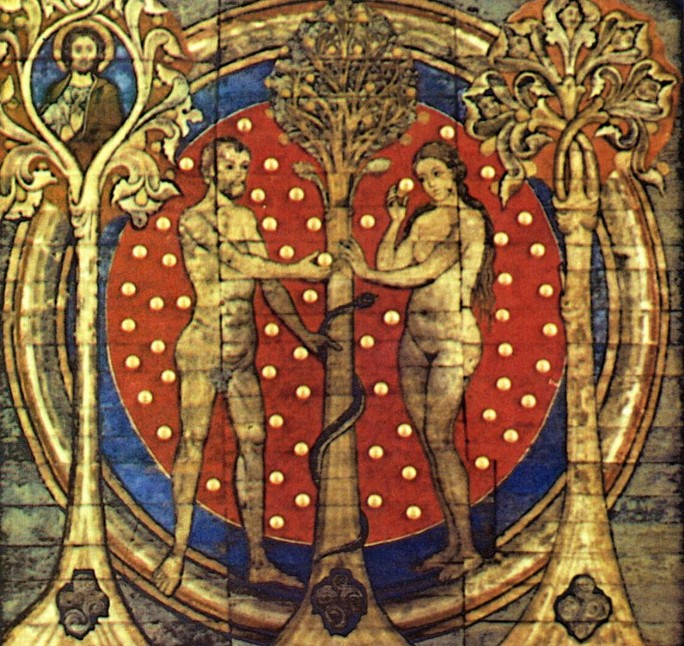
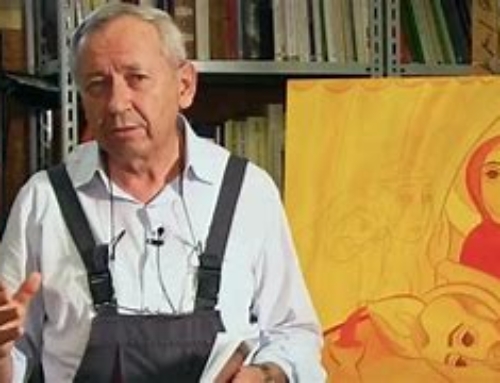
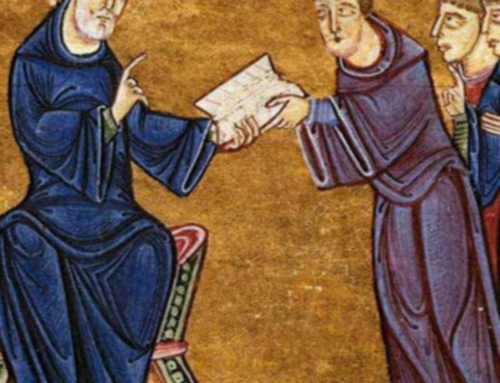

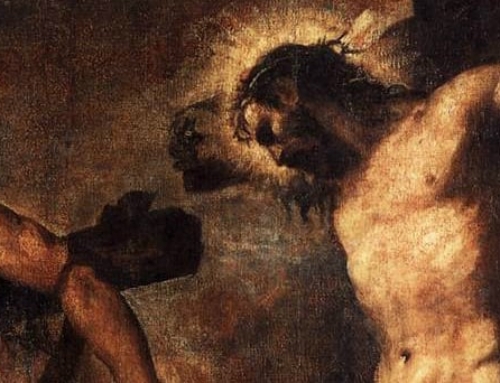
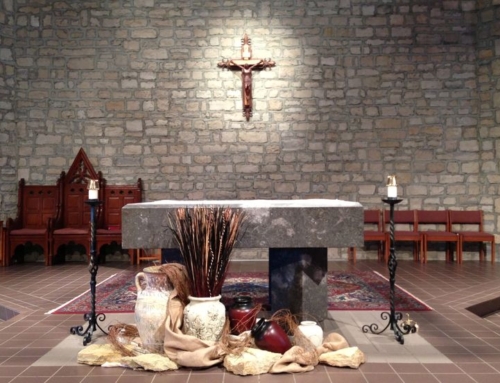
Leave A Comment
You must be logged in to post a comment.